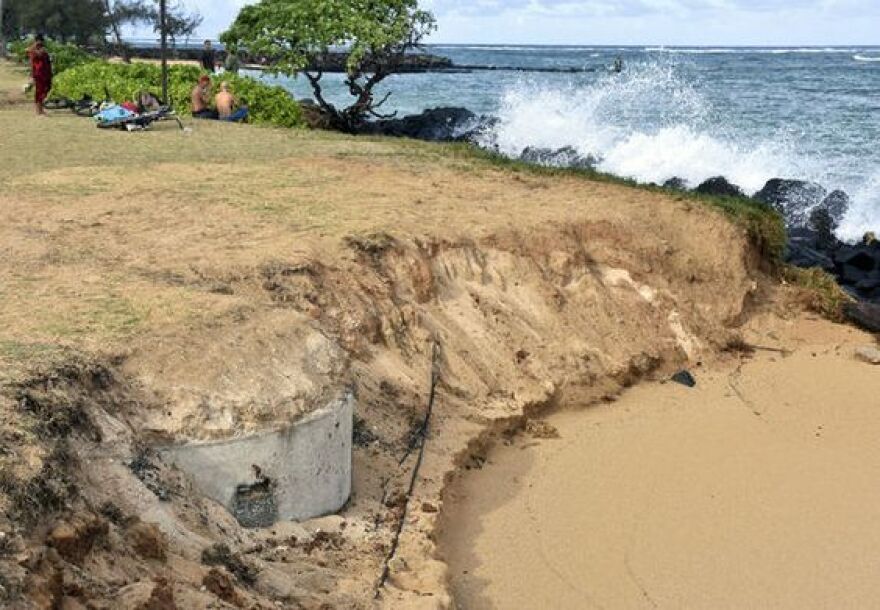The deadline to remove the most dangerous cesspools in the state has been moved up by two decades, according to a recommendation from a state-led task force who spoke to lawmakers on Wednesday.
The Cesspool Conversion Working Group is made up of several community experts, including the state's Department of Health director Dr. Elizabeth Char, Surfrider Organization's Stuart Coleman, Rep. Nicole Lowen and more.
Cesspools, which are commonly used across Hawaiʻi for the disposal of waste, have long been accused of contaminating groundwater with disease and have posed large environmental health concerns for streams and the ocean.
The state currently has a mandate to convert roughly 88,000 cesspools to different waste systems by 2050. The working group says that’s not soon enough for thousands of dangerous cesspools.
The working group ranked the state's cesspools into three groups based on their risk. They took into account groundwater depth, sea level rise zones and several other factors.
"Prioritizing the cesspools that present the greatest threat to the environment makes sense," Ted Bohlen, a member of the working group, told lawmakers.
"Staggering which cesspools need to be upgraded first also makes sense. It spreads out the expense and enables us to do some at a time."
Almost 14,000 cesspools were identified as Priority 1, or greatest hazard. The working group recommended these cesspools be converted by 2030.





